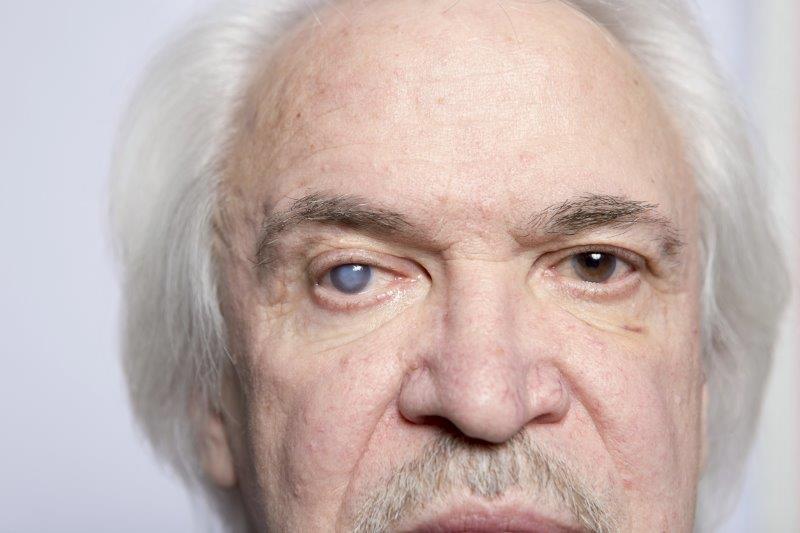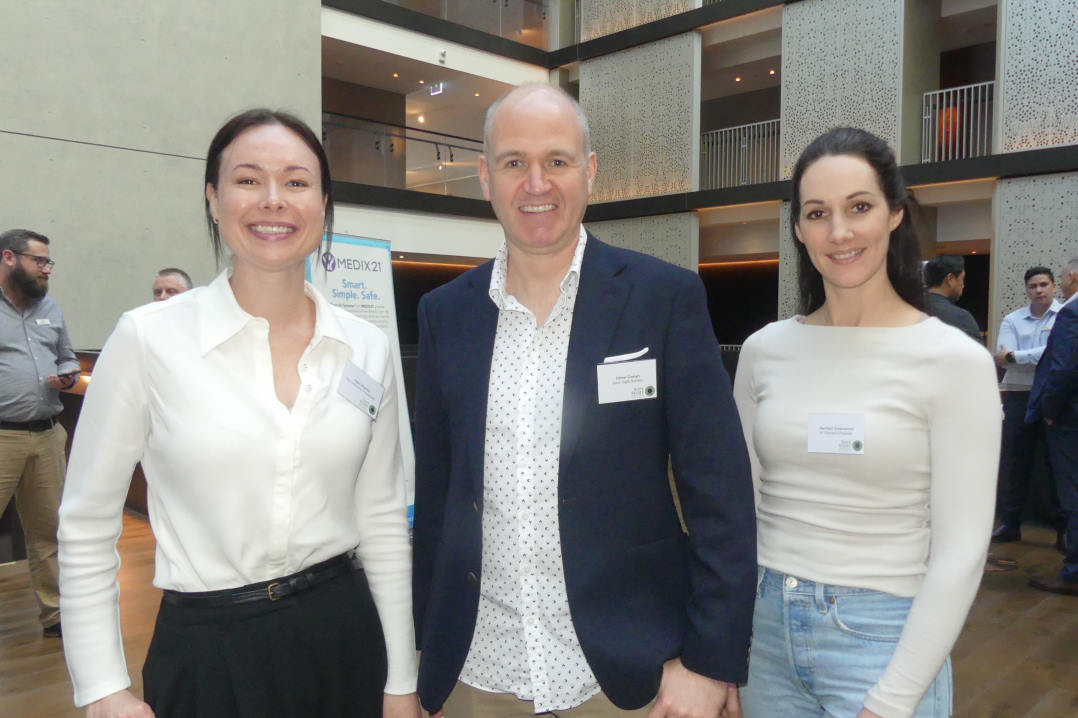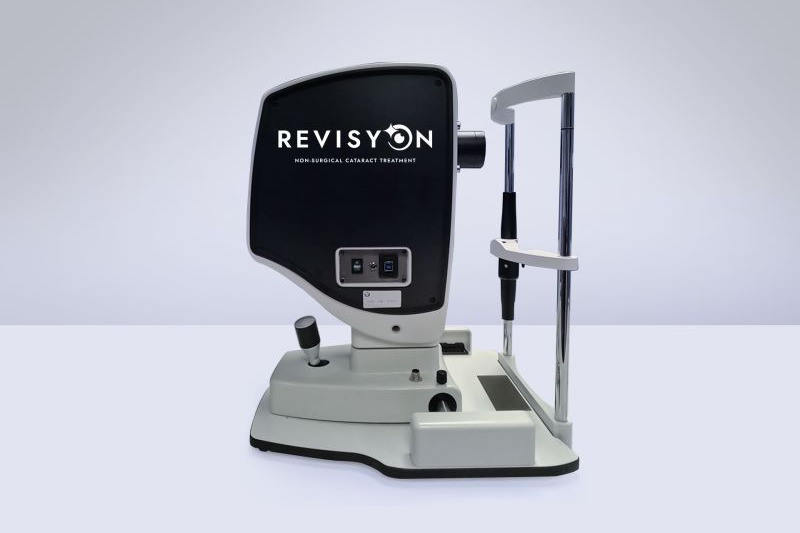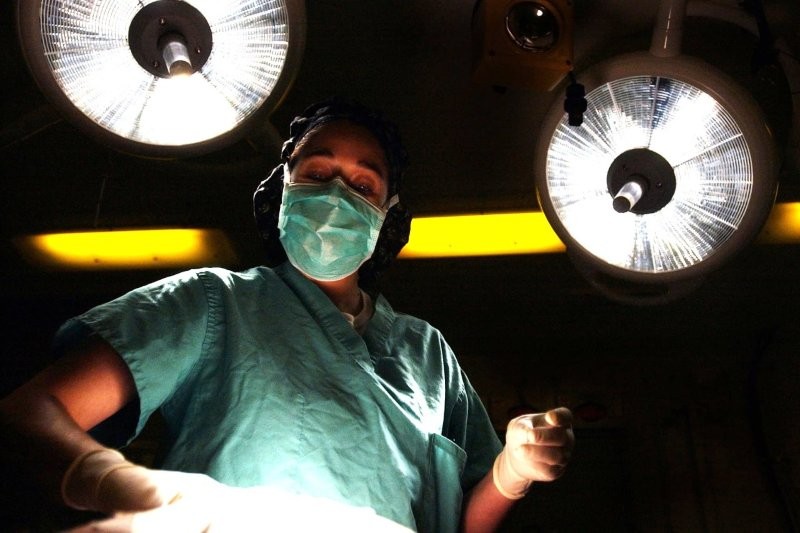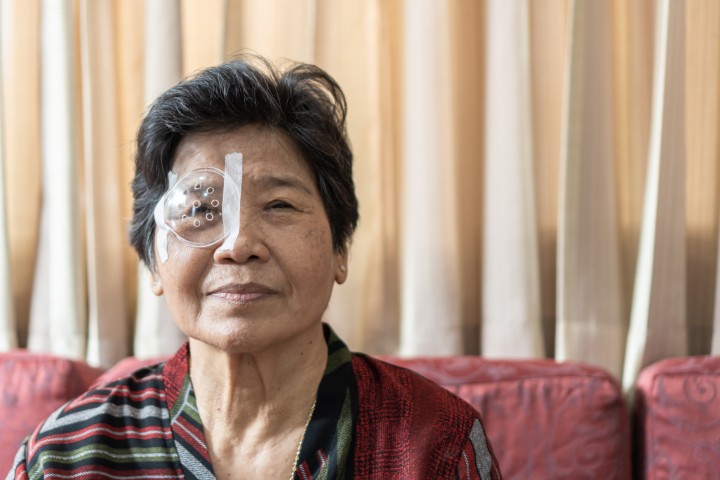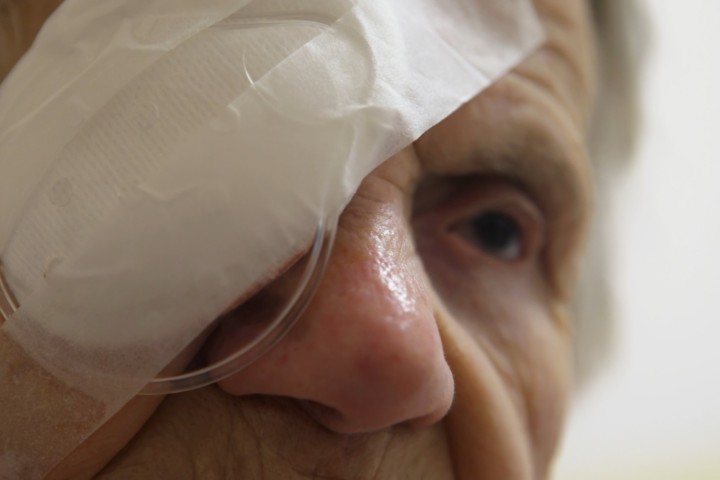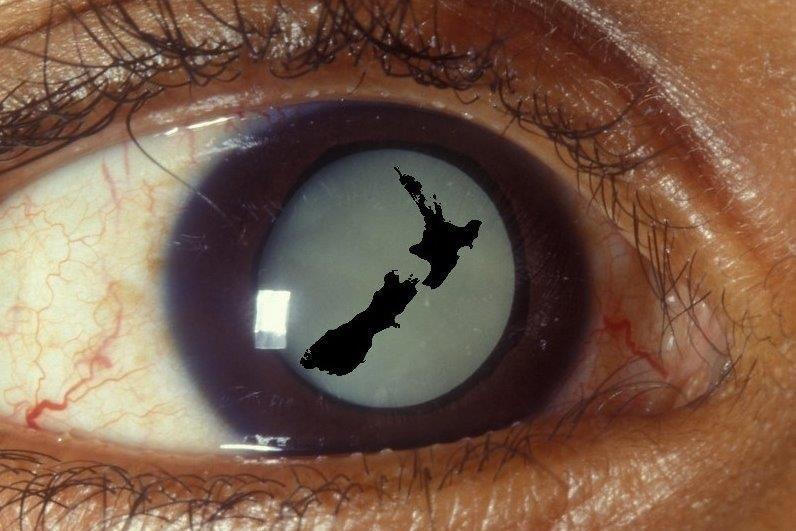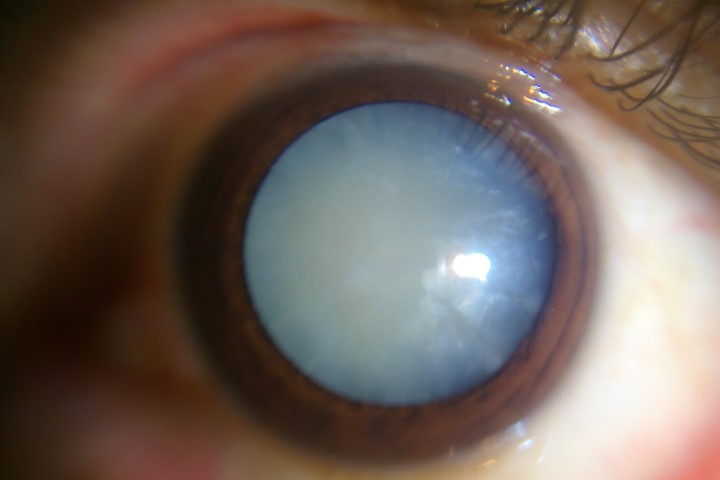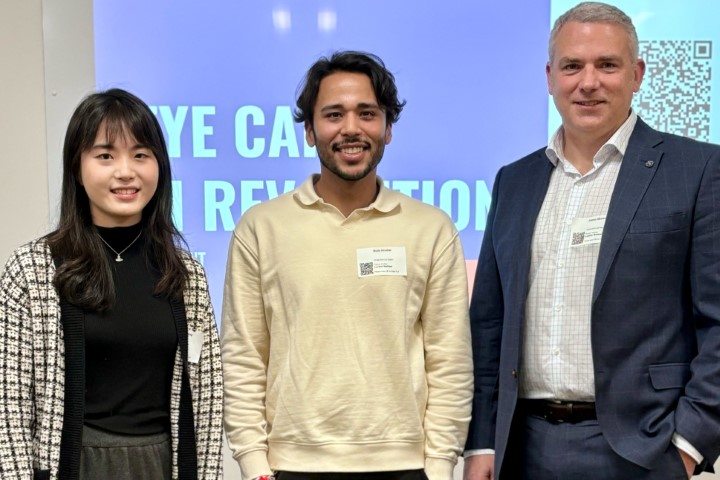Cataract surgery and dementia
As well as benefitting vision, cataract surgery has tremendous implications for quality of life, avoiding falls and cognitive deterioration. It’s also a very efficient option for better care, lower costs and patients’ independence. Now a new study has shown cataract extraction is associated with a 30% reduction of dementia over a 10-year period1.
This American prospective cohort study assessed 3,038 adults aged 65 years or older with cataracts, followed up until the development of dementia. Cataract extraction, performed on 46% of participants, was associated with significantly reduced risk (hazard ratio, 0.71; 95% CI, 0.62-0.83; P < 0.001) of dementia compared with participants who did not receive surgery. The lower dementia risk was more substantial during the first five years. In comparison, the risk of dementia did not change with glaucoma surgery1.
Discussion
Cataracts and dementia are associated with ageing, occurring in 20% of over-65s. Cataract surgery improves visual acuity and sensory stimulation and allows a more active lifestyle. Nevertheless, its benefits in cognitive function are complex to evaluate and Lee et al’s study1 offers fascinating results to be studied deeper and replicated.
New Zealand's access to cataract surgery is very restricted; the average visual acuity to access public funding is very low, with a mean visual acuity of 6/302,3. As a result, many patients cannot access surgery until they have very advanced cataracts and significant limitations. This study’s finding that cataract surgery was significantly associated with a lower risk of dementia 10 years after surgery has substantial clinical and economic implications for the care of older people and provides further evidence to support the cost-effective nature of this life-changing surgery.
References
1. Lee CS, Gibbons LE, Lee AY, Yanagihara RT, Blazes MS, Lee ML, McCurry SM, Bowen JD, McCormick WC, Crane PK, Larson EB. Association Between Cataract Extraction and Development of Dementia. JAMA Intern Med. 2021 Dec 6:e216990.
2. Chilibeck C, Mathan JJ, Ng SG, McKelvie J. Cataract surgery in New Zealand: access to surgery, surgical intervention rates and visual acuity. N Z Med J. 2020 Oct 30;133(1524):40-49. PMID: 33119569.
3. Kim BZ, Patel DV, McGhee CN. Auckland cataract study 2: clinical outcomes of phacoemulsification cataract surgery in a public teaching hospital. Clin Experiment Ophthalmol. 2017;45(6):584-591.
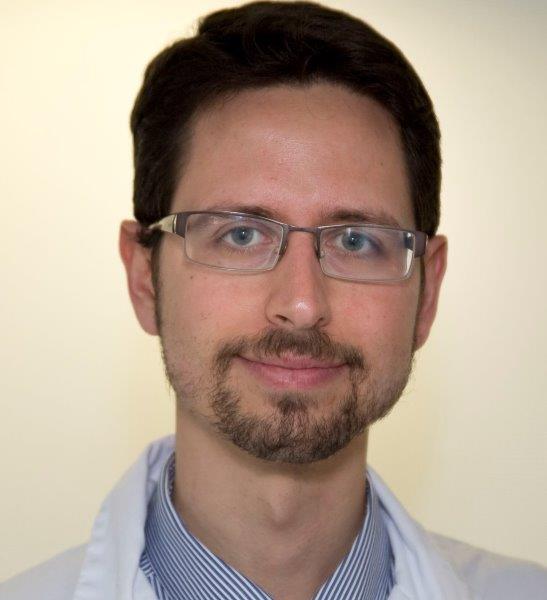
Dr Francesc March de Ribot is a consultant ophthalmologist specialising in retinal diseases and vitreoretinal surgery at Dunedin Hospital SDHB and is collaborating with Auckland DHB. He is also a senior lecturer in ophthalmology at the University of Otago, having completed his doctoral thesis.
Dr Mo Ziaei is a consultant ophthalmologist specialising in cataract surgery, laser vision correction and corneal transplantation at Greenlane Clinical Centre and Re:Vision in Auckland. He is also a senior lecturer in ophthalmology at the University of Auckland, having completed his doctoral thesis on novel options for the treatment of corneal disease.









